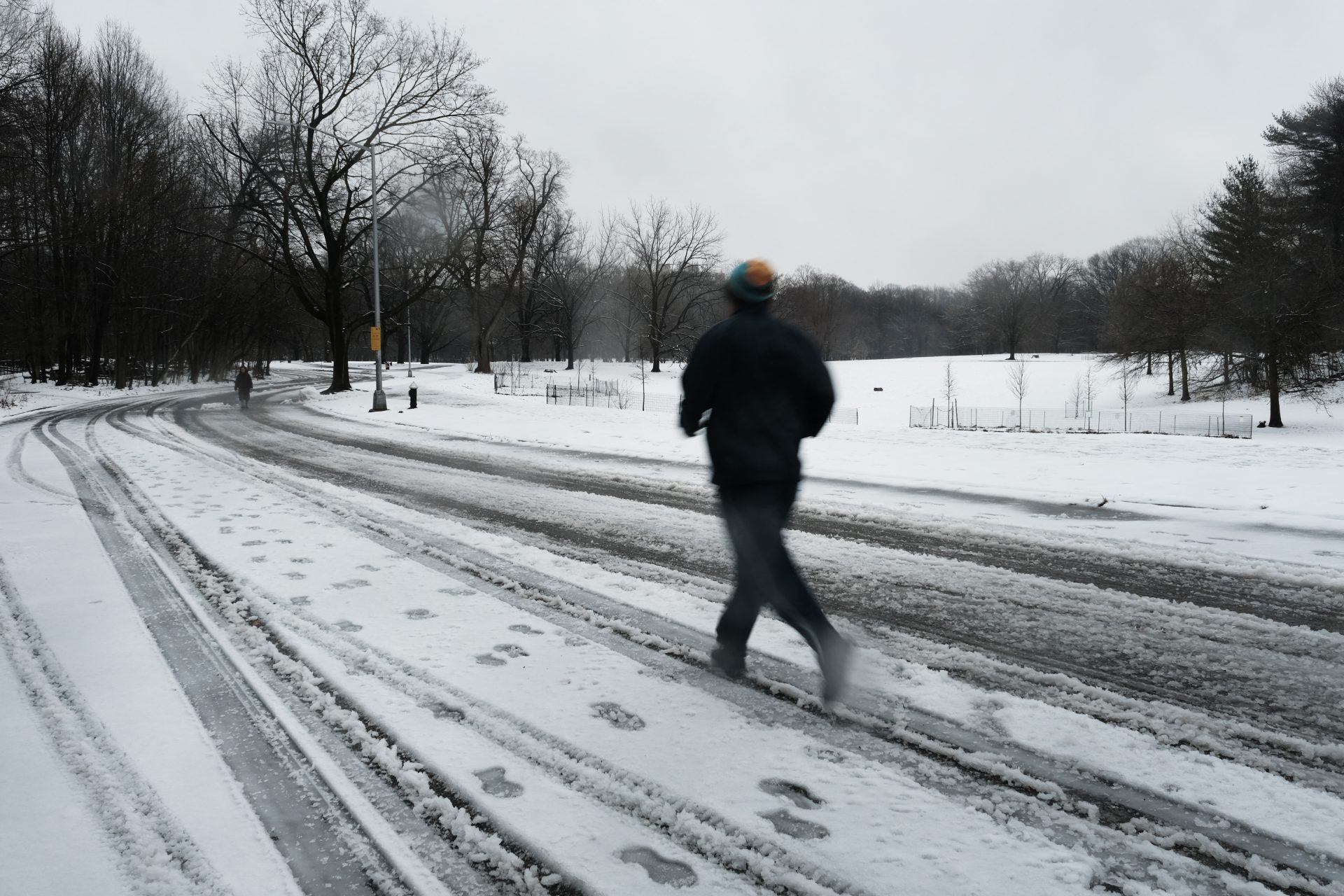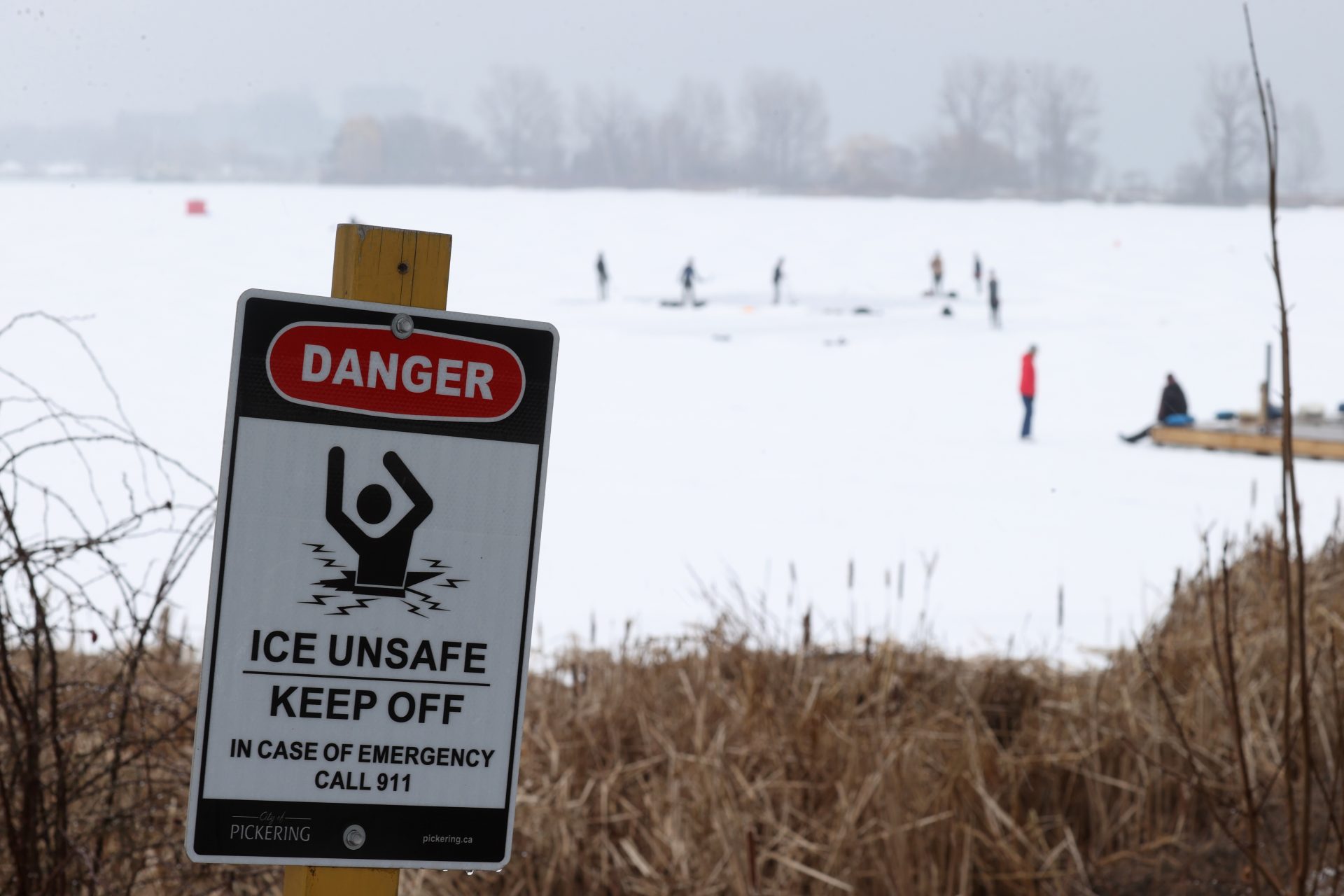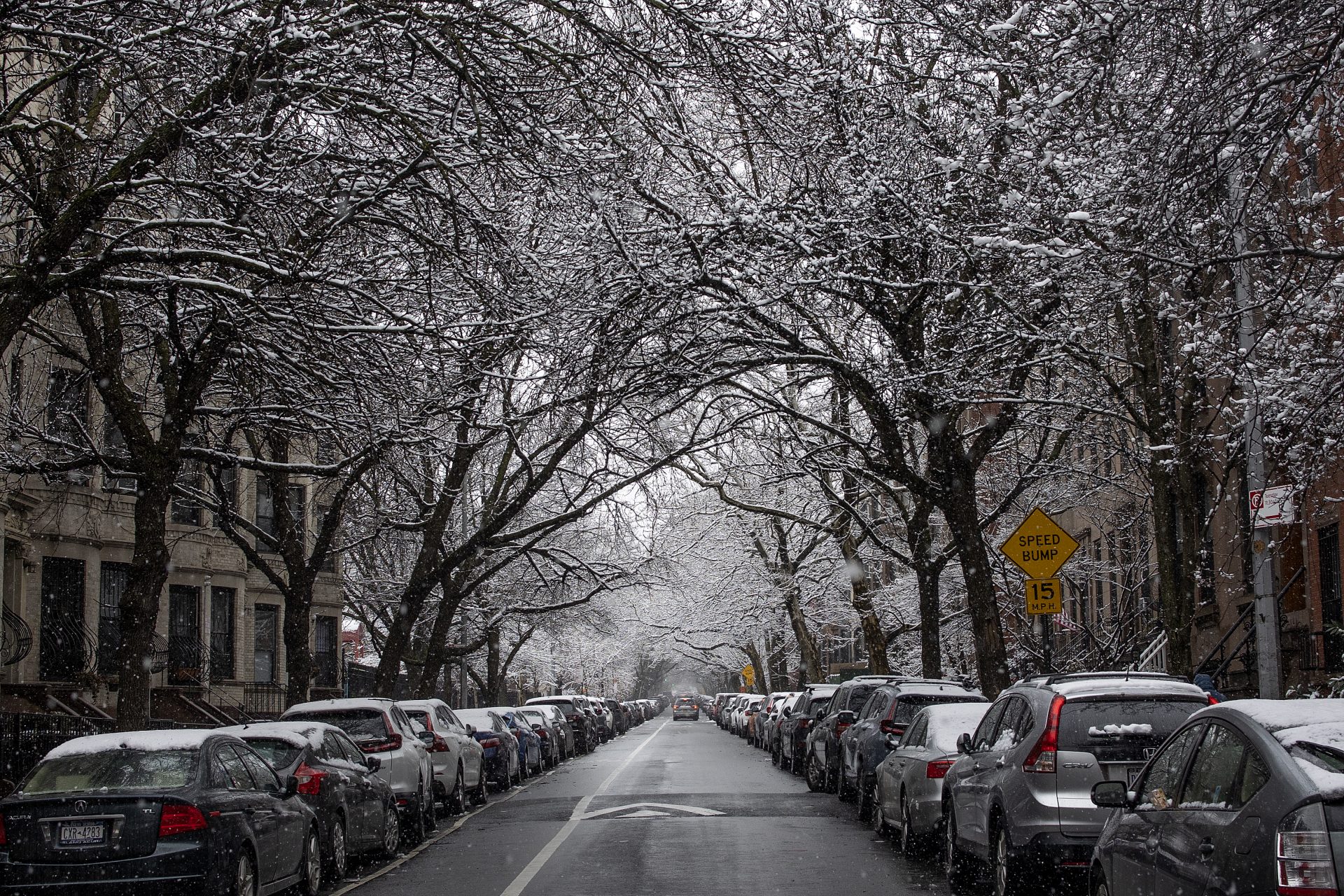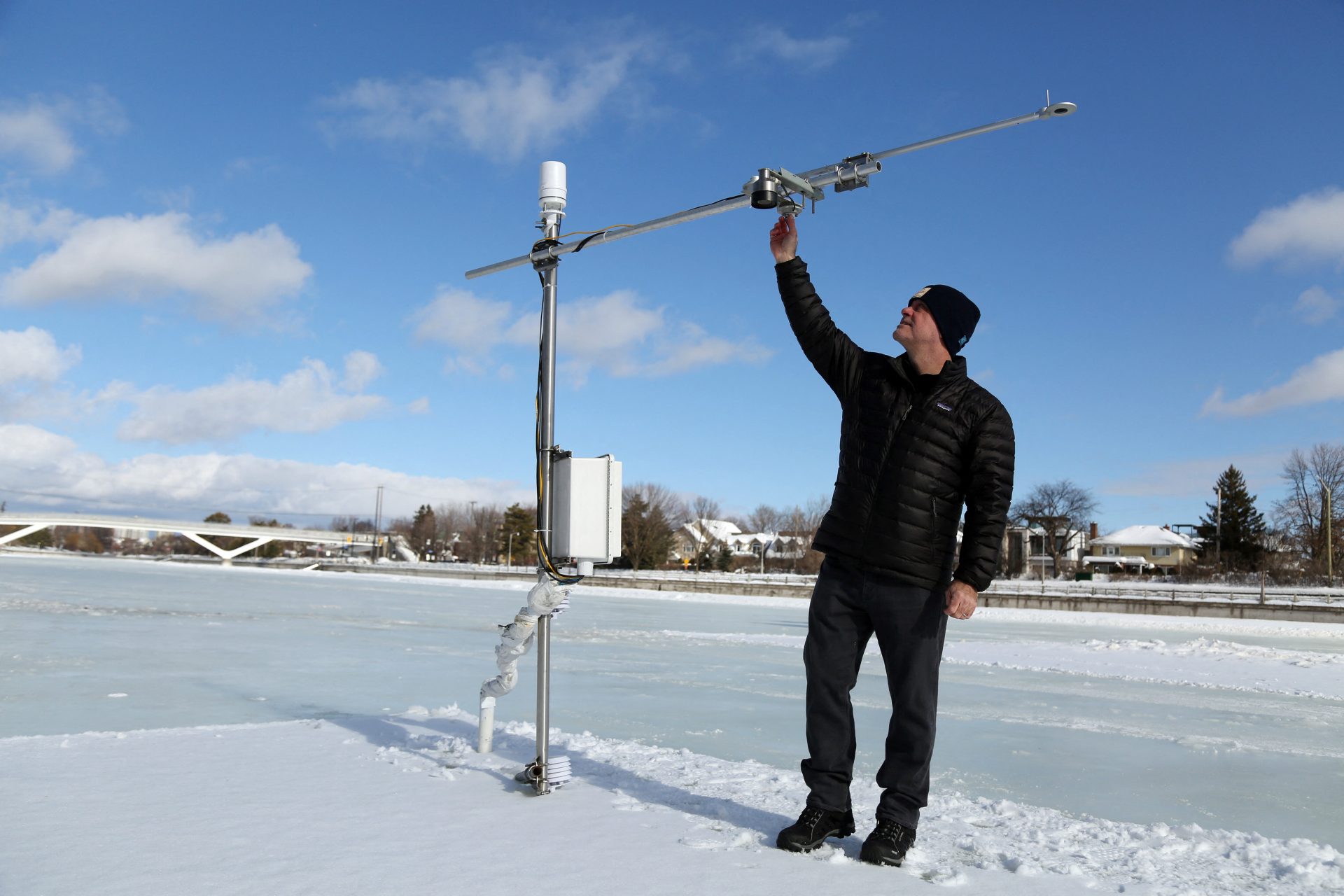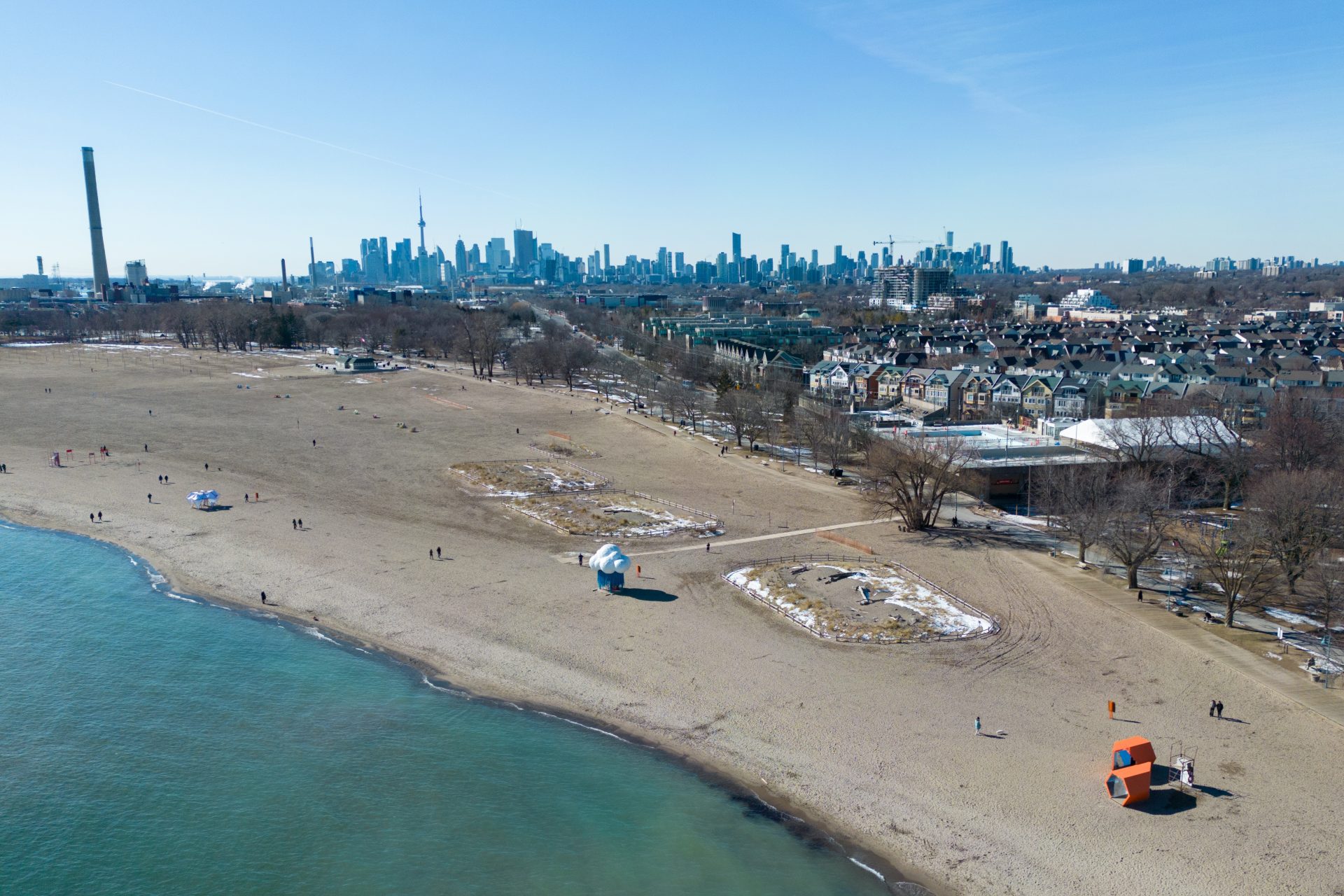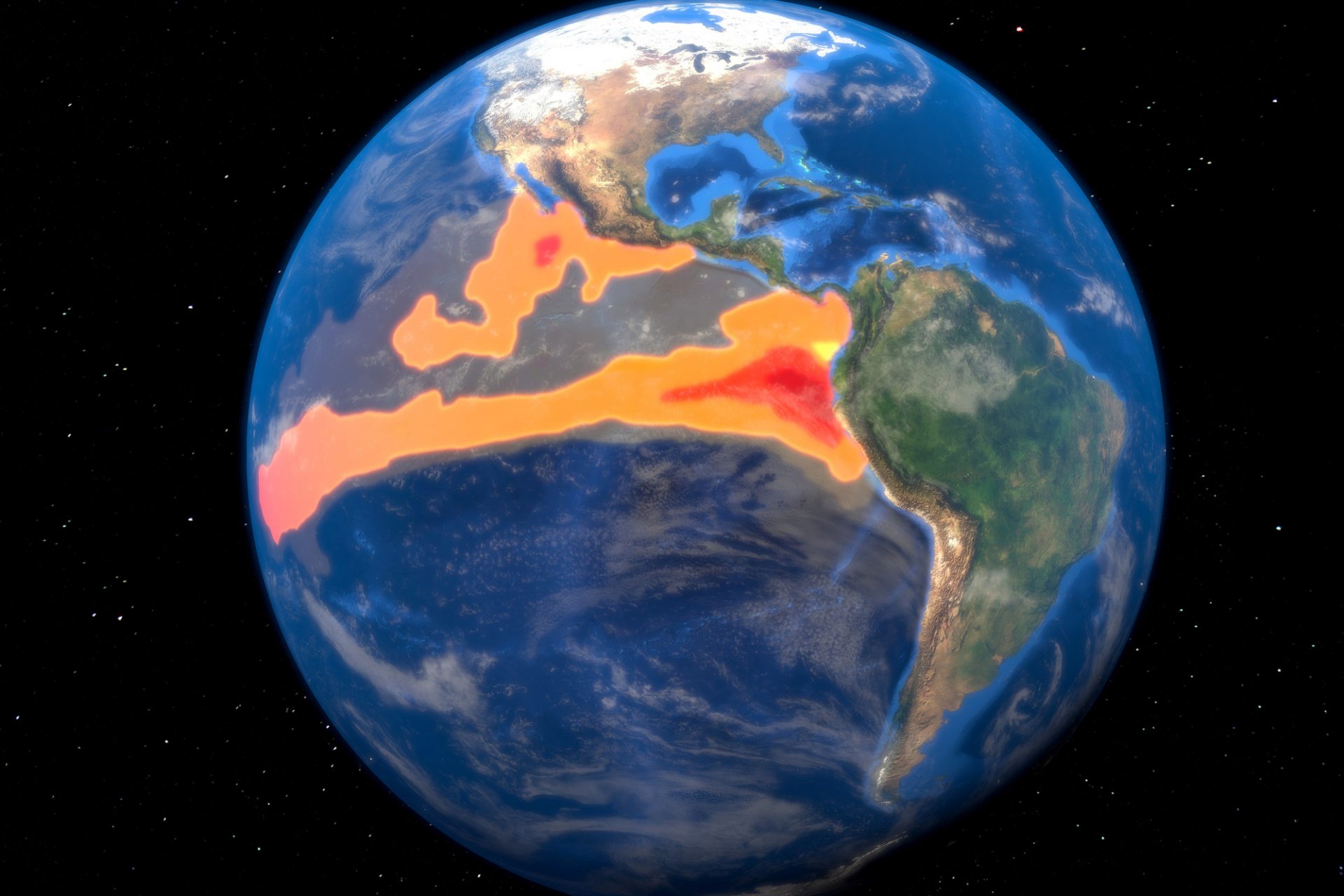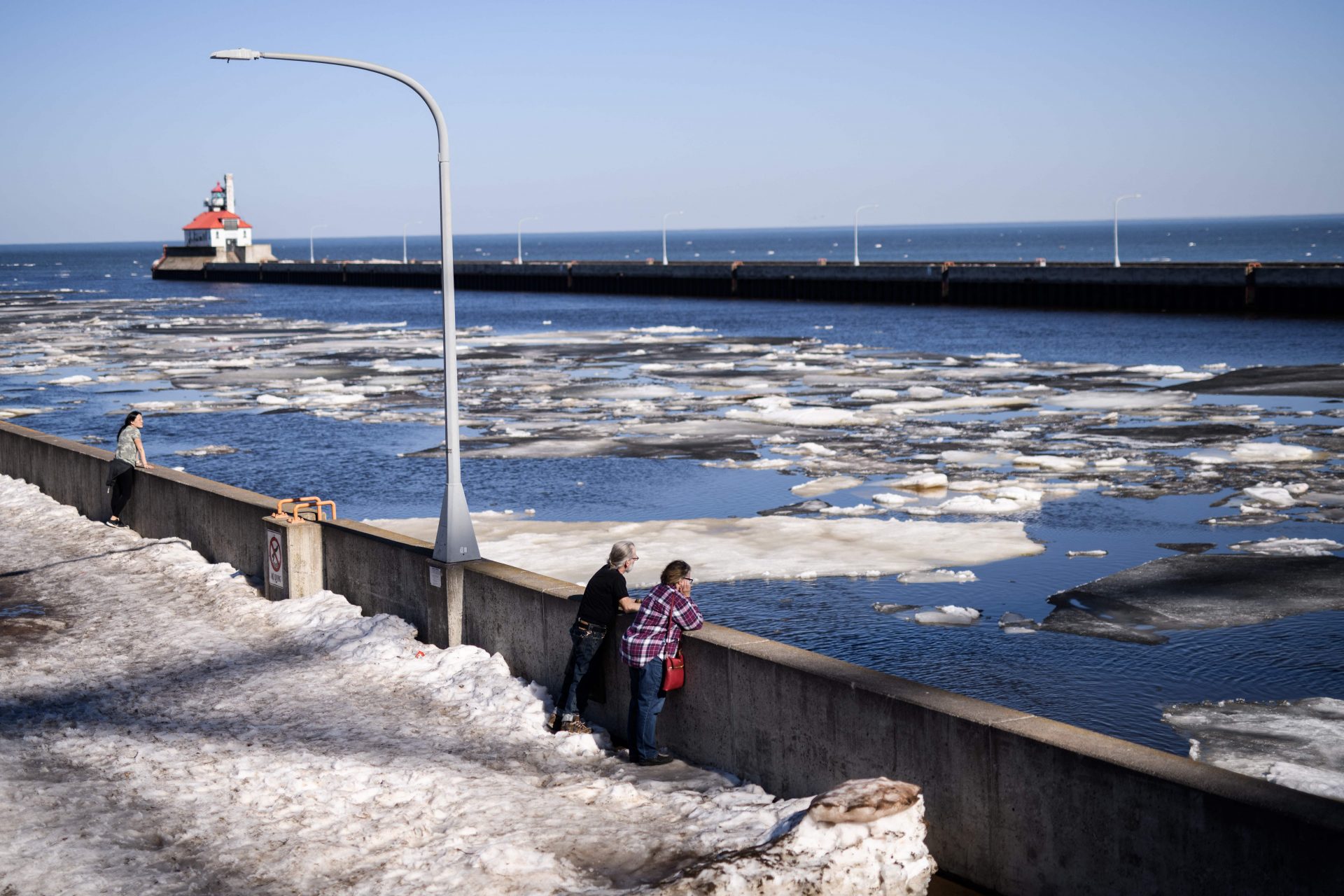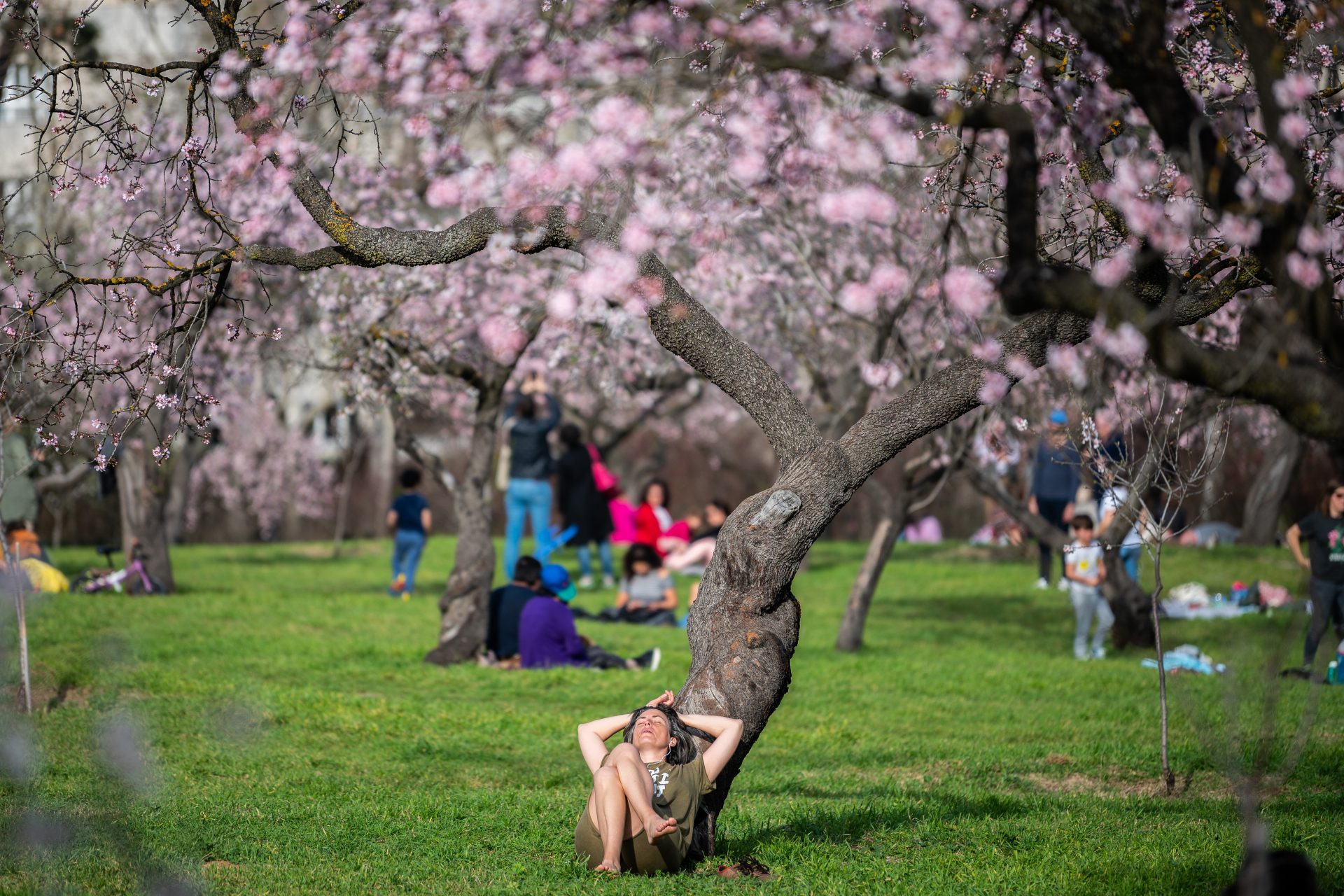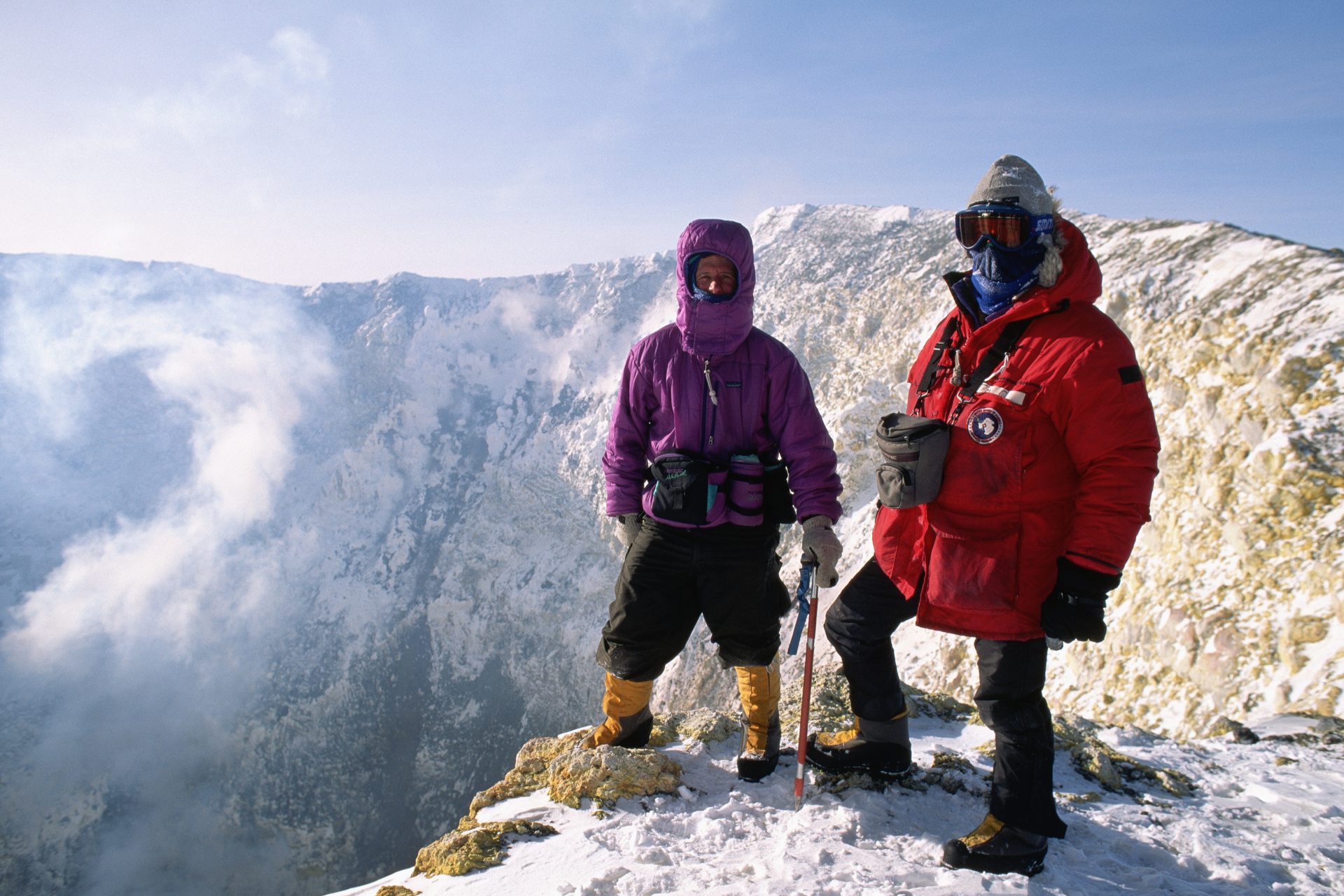Canada and the US just had their warmest winters ever
Canada and the United States just went through the warmest winters that either country has recorded according to new climate data. The ‘Lost Winter’ of 2023-24 has been one that lacked snow, ice, and the frigid cold.
In the United States, the meteorological winter was the warmest that was ever recorded in the country, and temperatures across the contiguous U.S. averaged nearly five and a half degrees hotter than historical averages.
Meteorological winter is defined as the coldest time of the year and includes the months of December, January, and February according to an explanation of the climate term by the National Centers for Environmental Information.
The National Oceanic and Atmospheric Administration (NOAA) reported that this winter was the third wettest on record and added the January to February average temperature turned out to be the ninth warmest year-to-date ranking.
“Persistent winter warmth resulted in a steady decrease in ice coverage across the Great Lakes, which reached a historic low of 2.7% on February 11 — the lowest amount of ice coverage on record during mid-February,” wrote the NOAA.
Some of the country’s typically colder states saw record-breaking temperatures over the winter period between December to February. These included North Dakota, Minnesota, Wisconsin, Iowa, Michigan, New York, and Vermont.
“Twenty-six additional states saw their top-10 warmest winters on record,” explained the National Oceanic and Atmospheric Administration, noting that February alone was more than seven degrees above the 20th-century average.
“It was quite a jump on the previous record – it wasn’t a photo finish, it was a decisive new record,” explained Karin Gleason, Monitoring Section Chief at the National Centers for Environmental Information according to The Guardian.
Canada experienced a warmer winter just as hot as its southern neighbor and data from Environment Canada showed the country experienced average temperatures that were also more than five degrees higher than historical norms.
Environment and Climate Change Canada Senior Climatologist David Philips called the numbers “shocking” according to the Toronto Star, and added that, "this stands out. It's an outlier...there's absolutely no denying it."
Canada has kept winter temperature records since 1948 but the previous warmest year was more than a decade ago back in 2009-10. That winter season saw temperatures at just over four degrees from historical averages.
However, the past winter saw the average temperature across Canada push above 5.2 degrees of its historical average, breaking the old record by a full degree—a fact which worried Philips, who said it was "as much of a difference as you'd ever find in climate."
Axios reported that there were two major reasons for the warmer winter this year. First, an El Niño event coupled with, second, human-caused climate change likely added to the random weather that led to the milder winter in 2023-2024.
The news organization also noted that the Winter of 2023-24 has offered a preview of what is to come in the future. “Cold snaps are getting shorter and snowfall reductions are being seen across much of the country.”
“For much of the U.S., winter is the fastest-warming season, making record-shattering winters easier to pull off over time,” explained Axios’ Andrew Freedman.
Globally, February wasn’t just one of the warmest months in North America but also in the world according to the Copernicus Climate Change Service, which noted February 2024 was the ninth warmest the planet has seen.
More for you
Top Stories





